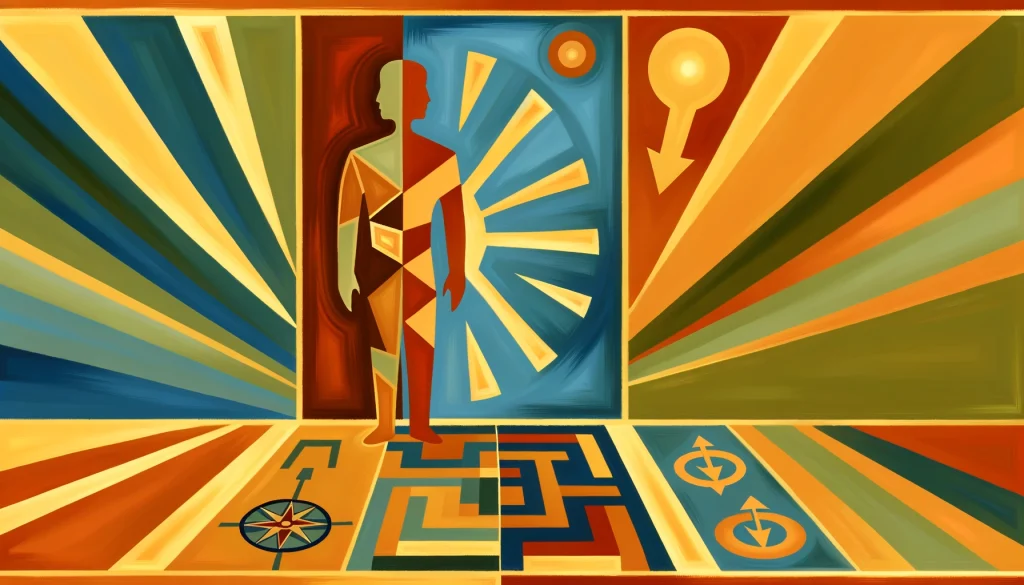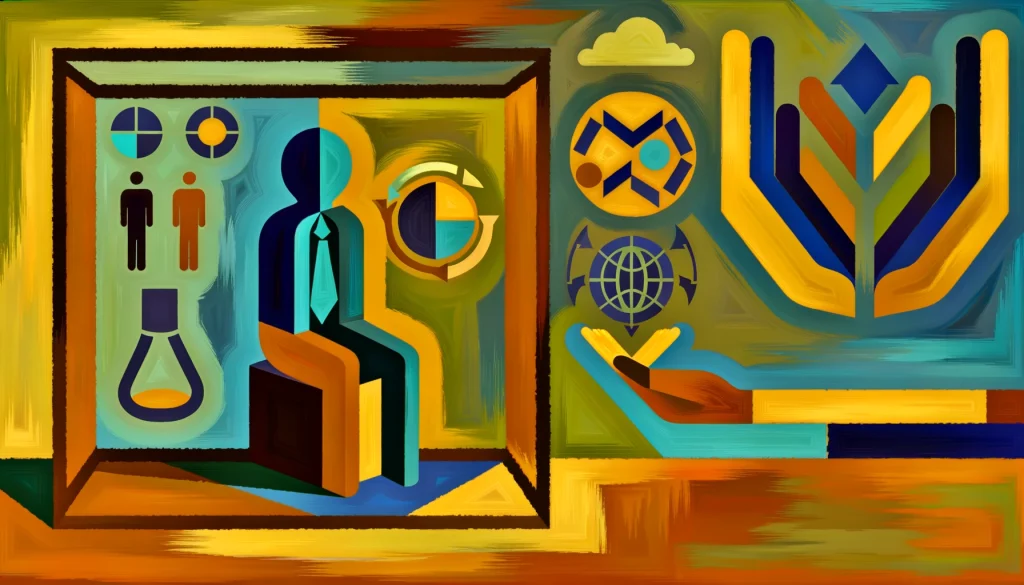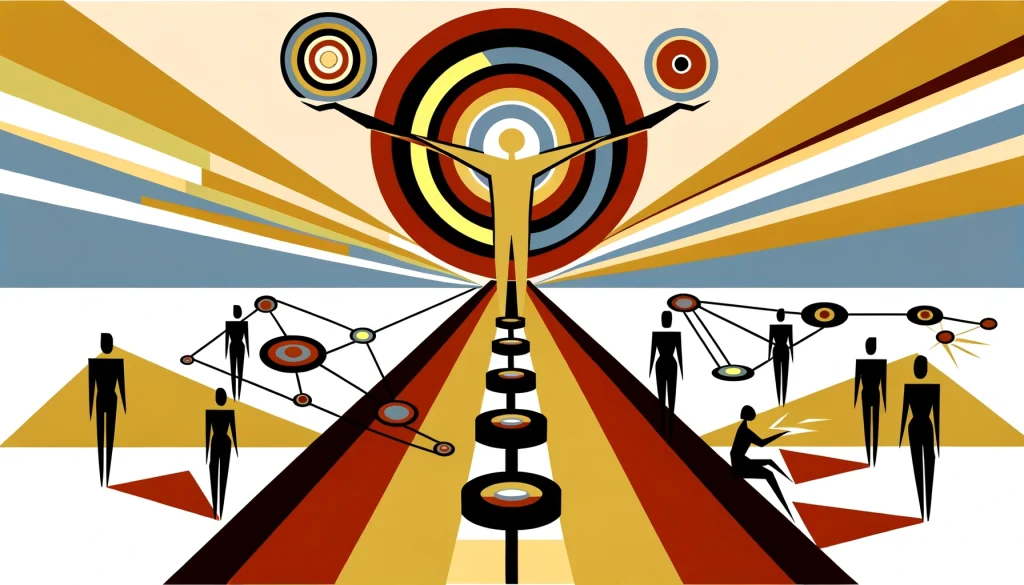Understanding the Fundamental Differences
Let's dive into what really sets therapy and coaching apart. While both can help you grow personally, they're quite different in their approach. Therapists typically have extensive medical training and licensing requirements, while coaches focus more on goal achievement and personal development certification. Think of it this way: a therapist helps you understand why you're stuck, while a coach helps you create a roadmap to move forward.
• Therapists require state licensing; coaches have various certification options
• Therapy sessions are usually 50 minutes weekly; coaching can be more flexible
• Therapy explores past trauma; coaching focuses on present and future goals
• Insurance typically covers therapy; coaching is usually self-funded
When to Choose Therapy
You might want to consider therapy if you're dealing with deeper emotional issues or past trauma. I've noticed that many people turn to therapy when they're experiencing depression, anxiety, or relationship problems that feel overwhelming. Therapy provides a safe space to process these emotions and develop coping strategies.
• Best for processing trauma, mental health issues, and deep-seated patterns
• Offers various approaches like CBT, psychodynamic, or humanistic therapy
• Often covered by health insurance plans
• Provides clinical diagnosis when needed
• Helps with chronic mental health conditions
When Coaching Is the Right Path
Coaching might be your best bet when you're generally feeling stable but want to achieve specific goals or make positive changes in your life. Maybe you're looking to advance in your career, improve your relationships, or develop better habits. Coaches excel at helping you create actionable plans and holding you accountable.
• Perfect for career transitions and professional development
• Focuses on specific, measurable goals
• Offers regular accountability check-ins
• Works well for performance improvement
• Helps with life transitions and decision-making
The Professional Relationship Dynamic
The relationship you build with a therapist versus a coach is notably different. Therapists maintain strict professional boundaries and focus on creating a safe space for emotional exploration. Coaches, while still professional, often adopt a more collaborative and casual approach, acting more like a partner in your success.
• Therapists maintain more formal boundaries
• Coaches often share personal experiences
• Therapy relationships tend to be longer-term
• Coaching relationships are usually project-based
• Different confidentiality standards apply
Cost Considerations and Investment
When it comes to the financial aspect, there's quite a bit to consider. Therapy sessions typically range from $100-$200 per session, while coaching can vary widely from $75-$500 per session, depending on the coach's experience and specialty. Insurance often covers therapy, making it more accessible for many people.
• Therapy often has lower out-of-pocket costs with insurance
• Coaching packages might offer better long-term value
• Some therapists offer sliding scale payments
• Coaching often requires upfront investment
• ROI differs based on personal goals and circumstances
Making Your Decision
Take time to reflect on what you really need right now. Are you struggling with emotional issues that keep you stuck? Therapy might be your best first step. Looking to achieve specific goals and ready for action? A coach could be perfect for you.
• Assess your current emotional state and stability
• Consider your immediate and long-term goals
• Research potential providers thoroughly
• Trust your gut feeling during initial consultations
• Don't be afraid to try both at different times
Conclusion
Choosing between therapy and coaching doesn't have to be overwhelming! Consider your current challenges, goals, and circumstances when making your decision. Remember, many people benefit from both at different life stages. The most important step is taking action toward your personal growth, whether that's scheduling a consultation with a therapist or having an initial chat with a coach. Your journey to better mental health and personal development starts with making an informed choice that feels right for you.






